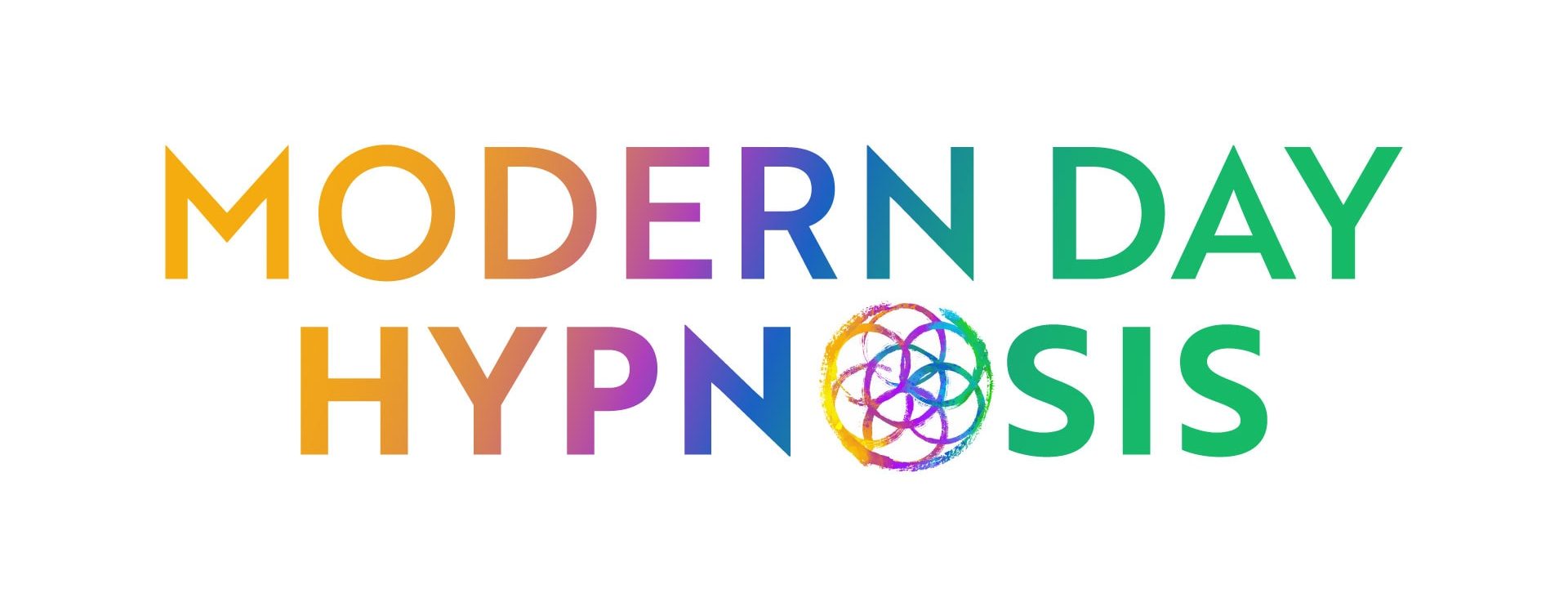Self-Hypnosis and Pregnancy: Everything You Need to Know

Although the United States spends the most on health care, infant and maternal mortality rates are the highest. It ranks 30th in terms of baby morbidity and 33rd in maternal morbidity. It’s a sobering reality. Despite the advancements in technology, approaches to supporting mothers and babies have become overly complex.
In light of this, self-hypnosis during pregnancy has emerged as a compelling topic. Pregnant women are becoming increasingly aware of this technique thanks to its potential to empower them. It offers a holistic approach to manage pain, anxiety, and stress during labor.
There are a lot of scientific studies supporting this practice, though it might seem implausible at first. Let’s delve deeper into the connections between self-hypnosis and pregnancy and explore its potential benefits and applications.
Overcoming Fears of the Natural Birth Process
The ability of women to give birth comes from within, governed by the body’s innate abilities. Female bodies instinctively orchestrate the development and delivery of babies. Supportive environments, characterized by tranquility and confidence, play a pivotal role in empowering the mother to trust her body’s capabilities, facilitating the natural progression of childbirth.
Studies indicate that in a majority of cases, childbirth is a safe and natural phenomenon, with an estimated millions of births still taking place in the absence of a skilled professional, often making home births a viable option. This underscores the profound connection between the mother’s trust in her body and the active involvement of the child in the birthing process.
But here’s the catch: the fear of birth, which is a common phenomena among expectant mothers. Maybe you’re afraid because you hear people say that childbirth is scary. The feeling of loneliness and uncertainty can lead to adverse birth outcomes like premature delivery, postpartum depression, obstetric complications, and postnatal traumatic stress disorder. Recognizing fear of birth is the first step to overcoming it. When you must face what’s unknown, your knowledge is what gives you confidence to get through it.
The problem with most pregnant women is that they enter the labor room with tension. They don’t know how to approach the process any other way. That’s why it’s imperative to learn about childbirth and understand the available pain relief options, especially the natural coping mechanisms. If you think you cannot do it, try positive birth affirmation. Again, knowledge goes a long way in boosting your confidence and eliminating your fears.
Addressing Childbirth Fears Through Self-Hypnosis
Simply put, self-hypnosis is a state in which you keep your mind highly focused and open to accepting suggestions. The state of self-hypnosis isn’t all that different from meditation as it encompasses deep breathing techniques.
When you self-hypnotize yourself, you realize an immense sense of calm. You also become more aware of unhelpful thought patterns and find ways to ward them off. Mastering birth-breathing techniques, visualizing a healthy birth, understanding pelvic anatomy, and adopting appropriate postures can lead to a childbirth experience with minimal to no pain. This approach harnesses the body’s innate strength, aligning with the natural design for optimal living. As a result, you’ll be able to confront the power of your thoughts and beliefs, resulting in an unforgettable experience.
While medical support is valuable, you should know that you possess more control over the health and outcome of your birthing journey than you know. This is where self-hypnosis comes in to allow you to see the significant impact of thoughts and beliefs on your experiences. By tapping into the immense potential of your mind, you can actively transform fears and pain, reclaiming your inherent physical capabilities.
What Makes Hypnobabies and Self-hypnosis Work
Hypnobabies method utilizes full breathing techniques to ease abdominal contractions. Here, you intentionally follow certain breath patterns to maximize contractions and make them as powerful as possible. Breathwork techniques enhance the progression of contractions during childbirth. First, the ‘Calm Breathwork’ puts you in a relaxed mood. Then, ‘Surge Breath,’ fosters a sense of spaciousness and fluidity in both body and mind. And finally, ‘Push Breathing’ guides deep, full breaths to the lower abdomen to aid in the natural movement of the baby during birth.
Employing self-hypnosis within the Hypnobabies collectively improves the contraction process and facilitates a smoother childbirth experience. The integration of these methods empowers you to fully unlock the innate ability to give birth naturally, leveraging your distinct intuitive capacities throughout the process.
Conventional Medicine Vs. Endorphins
A painful stimulus triggers the release of endorphins in your body; and labor pain is no exception. These natural pain-relieving hormones have been scientifically proven to be more potent than morphine. While offering relatively short-lived pain relief, endorphins stimulate the release of longer-lasting and impactful feel-good chemicals like dopamine.
Conventional medical approaches aim to resolve issues, but childbirth is distinct—it’s a natural process rather than a problem necessitating solving. Many pharmaceutical interventions commonly utilized during childbirth as pain relievers, such as morphine, come with potential side effects. Prenatal opioids can traverse the placenta, impacting the baby’s post-birth breathing and inducing drowsiness, which could interfere with breastfeeding. Moreover, when you rush and anticipate complications, your mind is hypnotized with a story of pain and stress that is coming. This mindset can inadvertently contribute to elevated stress levels during labor.
Try Self-Hypnosis to Ease Into Natural Childbirth
In summary, an active-birth plan offers invaluable benefits by equipping the mother and her birth companion with comprehensive knowledge. It empowers you to make informed decisions that may result in a more comfortable pregnancy and childbirth, making the entire process as painless and fearless as possible.
Numerous instances of hypnobirthing indicate increased levels of calmness and confidence of the newborns. We encourage you to consider hypnobirthing as either a primary or complementary approach alongside conventional or natural birth plans. Always recognize the immense power of your mind—whether self-hypnosis or guided. There are no negative effects of hypnosis or self-hypnosis.
Note that we are not licensed medical practitioners and do not offer medical advice. But our self-hypnosis course Self-Applied Hypnosis Techniques can provide support and guidance in learning self-hypnosis techniques for labor. Embark on a journey toward a childbirth free from anxieties or phobias by scheduling an appointment with us today and initiate this transformative process.
- About the Author
IACT Trainer:
The International Association of Counselors and TherapistsDEHI Trainer:
The Dave Elman Hypnosis InstituteNGH Hypnotist:
The National Guild of HypnotistsIACT Hypnotist:
The International Association of Counselors and TherapistsIMDHA Hypnotist:
The International Medical and Dental Hypnotherapy Association
Hypnosis
Have You Tried It Yet? It Really Works!
